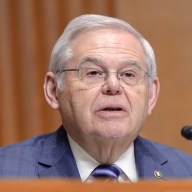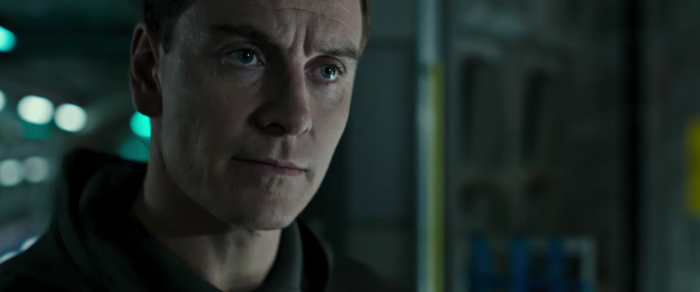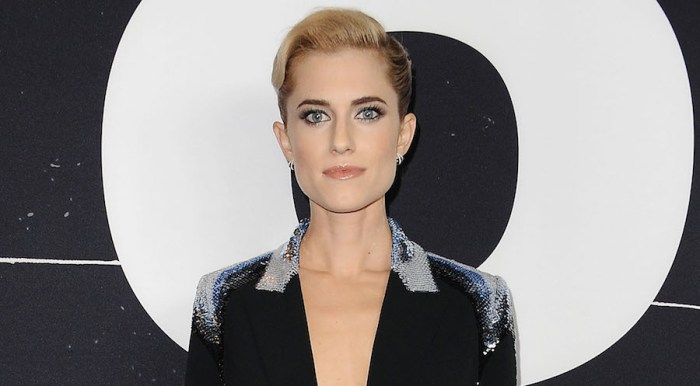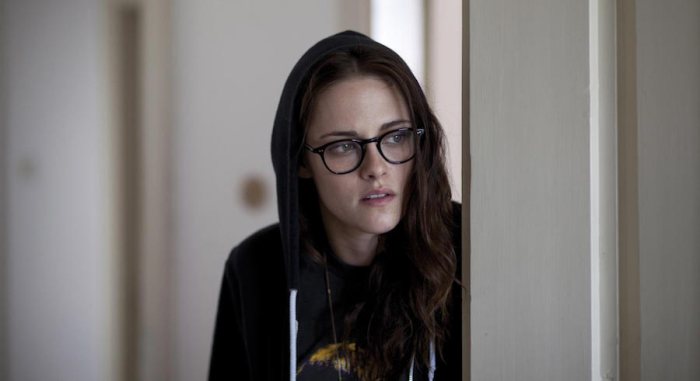This is it: the New York Film Festival ends this weekend. For moviegoers it’s been a hectic three weeks; for journos, much, much longer. Some screenings are stand-by only, but waiting in line for tickets that may never come (though you never know!) is worth it for some of these, at least. Here’s some thoughts on this weekend’s wares. RELATED: Guy Maddin and Evan Johnson on “The Forbidden Room” and that Sparks song ‘Carol’ ‘Miles Ahead’ ‘No Home Movie’ ‘The Assassin’ ‘The Treasure’ ‘Right Now, Wrong Then’ ‘De Palma’ ‘Son of Saul’ The New York Film Festival runs through Sunday, Oct. 11. Visit the official site for schedules, venues and tickets.
Todd Haynes’ lesbian drama, in which Rooney Mara’s 1950s shopgirl is pursued by a society dame (Cate Blanchett), arrives on the heels of “Freeheld,” an artless and didactic message movie about LGBT tolerance. “Carol,” by contrast, is artful — an impossibly lush romance in a minor key that’s more interested in exploring how one conducts the business of love when one can’t even say its name. Blanchett and Mara carefully negotiate the terms of a relationship that’s prevented by both sexual mores and class, putting us in the head space of people forced to think practically about the least practical of emotions. Haynes has often done the past, in “Far from Heaven” and “Mildred Pierce,” in an appropriated Douglas Sirk voice. Here, he soaks in the fine duds and bygone mores in a style that feels modern and old-timey — unstuck in time, and heavy with heartbreak, right up to that final second.
We haven’t seen Don Cheadle’s Miles Davis biopic, but it’s the Closing Night film and NYFF is too snooty to go for hubristic actor’s biopics. And it sounds like it’s nothing like Ed Harris’ “Pollock” or Kevin Spacey’s “Beyond the Sea.” There’s even allegedly a car chase, in addition to Cheadle doing his best impersonation of the jazz god, both in his prime and in his long-haired drug days.
The death this week of Chantal Akerman looms over the filmmaker’s apparent last film, which would have been a moving portrayal of mortality even without her passing. Told in a series of long takes that out-minimalist even her legendary epic “Jeanne Dielman,” it records seemingly inconsequential moments with her late mom: chit-chatting over the lunch table or Skype, her sitting in a chair reading a magazine, her in another room. It’s confrontational cinema, especially for the impatient, but the shots make the mundane riveting, turning the inessential into the essential. We wrote more about it here.
Sorry, martial arts heads, but the latest, acclaimed wuxia ass-kicker is really for art film heads — 95 percent a glacial block of pure minimalism, with the other 5 percent depicting impalements and beatings, unleashed by star Shu Qi, that happen quicker than an eye-blink. Taiwanese master Hou Hsiao-hsien’s first feature in seven years — his last was the impossibly delicate “The Flight of the Red Balloon,” with Juliette Binoche — dwells, lovingly, on the bits that most martial arts entries ignore: the sitting around, the nervous waiting before attacks, the authentic recreations of Tang Dynasty bathing methods. It reverses what’s thrilling about action cinema, so that the most electrifying bit is a five-minute shot moving about candlelight reflected on a veil, watching as yellow dances on a black surface. There’s something about an old guard being toppled by secret societies that will take over, but it’s easy just to get real lost. This is all to say it’s catnip for those who like their art both high and low.
Corneliu Porumboiu’s “The Treasure” is a buried treasure movie, but it’s also a Romanian New Wave movie. Films of its ilk — “The Death of Mr. Lazarescu,” “Four Months, Three Weeks, Two Days,” Porumboiu’s own “Police, Adjective” — err towards the mordant and hopeless, capturing a society tied up in Kafkaesque bureaucracy and endless knots of red tape. Two desperate men — one who had the misfortune of entering the publishing business in a country where only 2 percent buy books — try to dig up a potential booty in a relative’s backyard. But that means finding someone with a metal detector. Then prowling over and over and over a large outdoor area, at night. And this is after learning that it’s illegal to not report buried artifacts to the government, who will then take 30 percent for themselves. And so a simple adventure gets hilariously dragged down to a particularly miserable place on earth. And yet, watch enough Romanian cinema and you think you know the grim place this is going to end. But you’re wrong — hysterically, memorably wrong.
The films of South Korea’s Hong Sang-soo are so same-y you could mistake one for the other and probably not be wrong. “Right Now, Wrong Then,” like so many other Hongs, follows a film director in a remote town somewhere in South Korea, where he encounters romantic frustration, hubris and soju. And just like most of them it retells the same story, with minor variations, multiple times. (In this case, it’s twice.) And yet this one’s still upper echelon, in part because it’s more focused than usual, and in part because it finds a quietly devastating reason to repeat the same story of love that never can be, no matter what mood the players are in.
Brian De Palma has always encouraged a violent split between ardent admirers and fuming haters. Directors/acolytes Noah Baumbach and Jake Kasdan are naturally of the former, but their doc on him is more than a run-down on a rich and bumpy career, even as it goes through his CV film by film by film. De Palma is the only human onscreen, along with smartly selected clips, and his focus is on the practical, even sometimes business, side of filmmaking instead of the thematic, which has already been covered to death anyway. We sense someone who not only admits mistakes but knows how to move on, and even films considered doozies — though even those have their fans — are treated with about the same screentime as the others.
Immaculate but questionable, Laszlo Nemes’ you-are-there Holocaust grinder puts you so close to an Auschwitz inmate (Geza Rohrig) that the trick almost justifies its existence. A member of the Sonderkommando — those who volunteered to help march their fellow Jews to destruction, a topic already explored in the even more devastating “The Grey Zone” — Saul charges through a particularly dramatic day, which starts with a massacre, leads to another massacre and ends with an escape, all while our protagonist tries to secure a proper burial for a boy that may, but may not be, his son. The camera is so close on Saul that everything else is often blurry, including the untold bodies — an elegant and horrifying way to convey how our hero has become more used to living in a Boschian hellscape than even he realizes. Nemes has a natural, or at least rigidly learned, sense of using camerawork to explore and ignore space, both off-screen and –on. He’s not quite there dramatically, and the frequency of Big Moments starts to kill the verisimilitude. It drains you but not enough that you don’t notice the seams.
What to see during the final weekend of the New York Film Festival
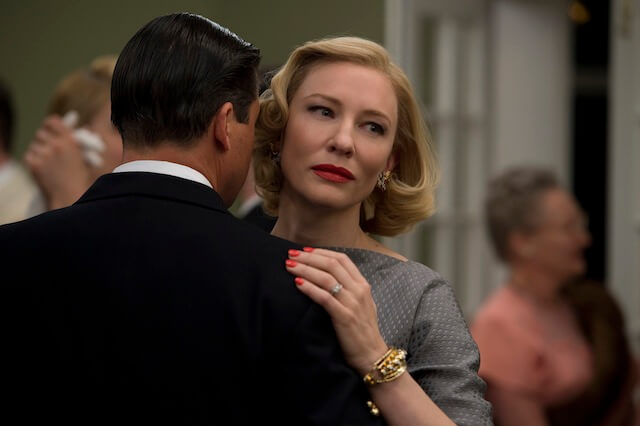
NYFF
Follow Matt Prigge on Twitter @mattprigge








